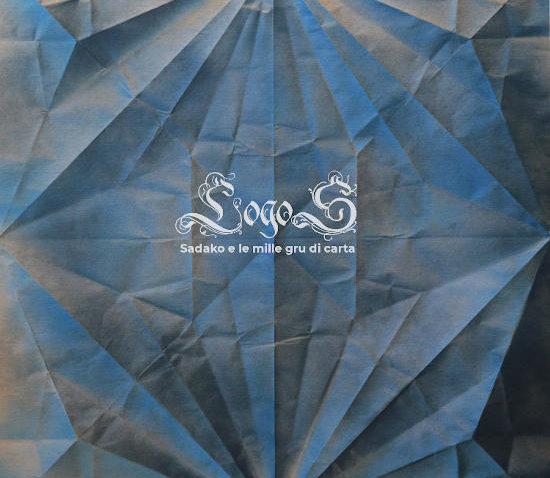Usually I need more listens before writing a review, and I’m not used to rate an album very high after just few listens, but this is the exception. First of all because I’ve listened to the whole three times in a row and while I’m writing the title track, a 21 minutes epic, is playing again.
First thing: this is RPI. If you have in mind the classic RPI, this is what you can expect from this album: keyboard driven epics of the kind that unfortunately bands like PFM today seem to have become unable to write. Second thing: it’s a concept album based on a very moving true story with lyrics which deserve to be understood, and you can find them translated in several languages on the band’s website, even if the poetry looses power with the translation. Third: it’s skillfully played and produced. In some passages the keyboard sounds remind to the old Rick Wakeman, with the usual little touch of Genesis influence which is characteristic of the RPI, but the story is so dark that the music can’t not be dramatic and intense.
The album starts with a two minutes instrumental with GOBLIN’s like keys. It’s followed by “Paesaggi d’Insonnia”(Insomnia Landscapes) whose lyrics are quite cryptic. I think to the Philip Dick’s chronicles. Again, some sounds and passages bring to my mind No Earthly Connection, but without losing the strong RPI flavor. I hope that Luca Zerman won’t be disappointed by being compared to Rick Wakeman. The central part of the track is very melodic and when it returns to the dark realms it features the sax of Federica Zoccatelli who drives the long instrumental coda.
“Un Lieto inquietarsi”(A happy unrest) has a cinematic flavor which is now closer to Keith Emerson than to Wakeman. I’m spending a lot of words about the keyboards, but the band has two keyboardists; Zerman and Antolini, and almost no guitar, with Alessandro Perbellini and Fabio Gaspari playing the role of Palmer and Lake respectively. It’s an excellent truely progressive track.
“Il Sarto”(The Tailor) Is a little moment of relief in the sadness of the story. The vocal harmonies of Elisa Montaldo are remarkable. The song is “short and sweet”.
“Zaini Di Elio”(Helium Backpacks) is opened by a Genesis like instrumental intro. This is RPI after all. The lyrics are linked to the Pandora’s myth. I haven’t written a single word about the concept up to now. Let’s wait a bit more. This track could have been an excellent closer, but there’s still the 21 minutes epic.
Now it’s time to speak about the concept: it’s an album about war and about the story of Sadako, a girl survived to the Hiroshima bomb when she was 2 years old, who died of leukemia at 11. In the hospital she was told a legend: if you are able to create 1,000 crane origamis you’ll have a desire realized. She died after making 644.
The album, and this track in particular have very strong lyrics, written by Marco Zuffo. The band was told the story of Sadako by the paintress Marica Fasoli who realized also the album cover. The project was completed by the video director Elia Cristofoli (aka Solingo) as a multimedial opera, but I haven’t seen the video yet.
Anyway, this is a moving album perfectly in line with what one can expect from something labeled RPI. This is not my favorite genre, so if it has had the poweer of keeping me stuck on it for more than 3 hours it surely deserves the 5 stars I’m going to give it as rate.
Octopus-4 @ ProgArchives.com
Link alla recensione originale: LINK
Link alla pagina del disco: LINK

